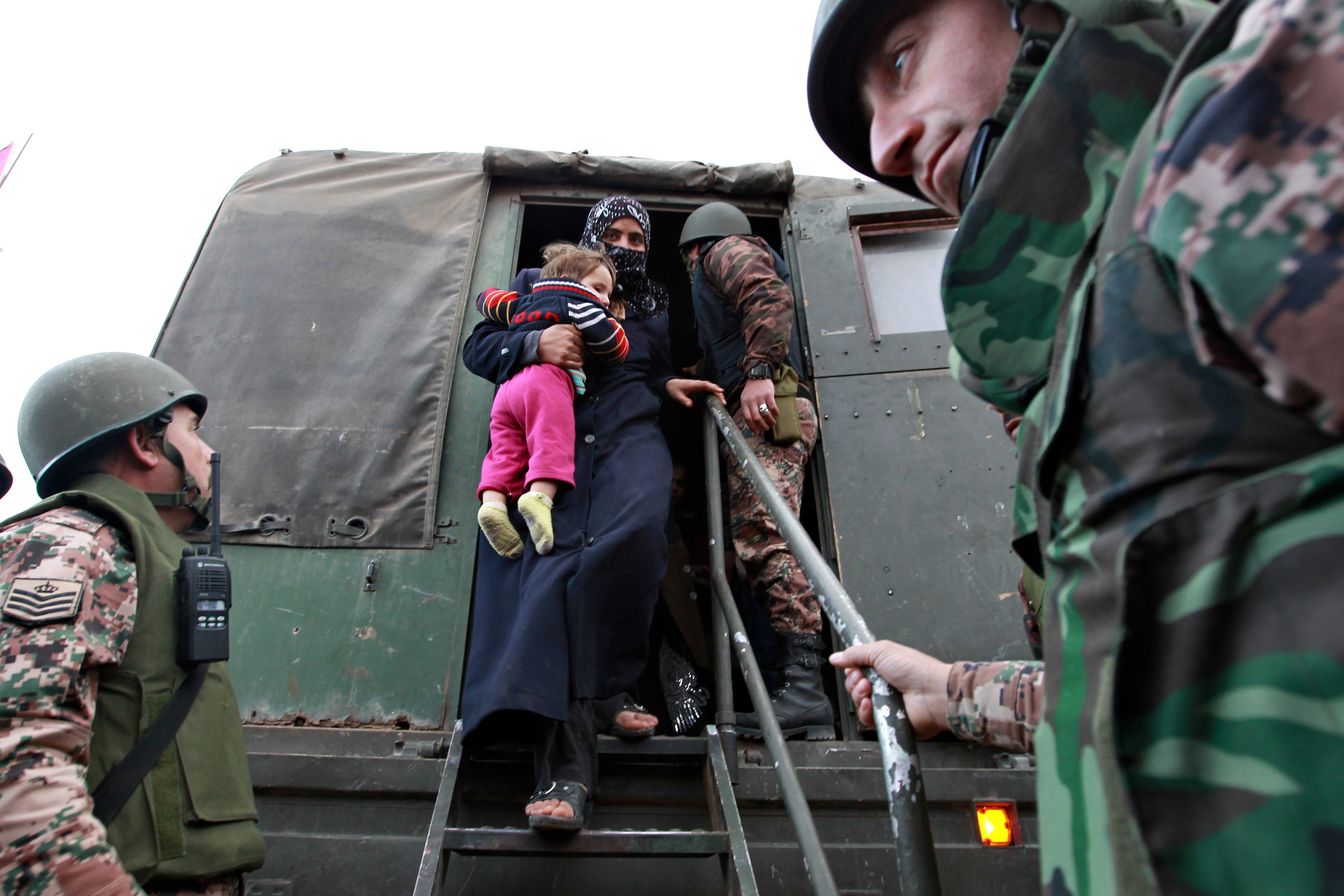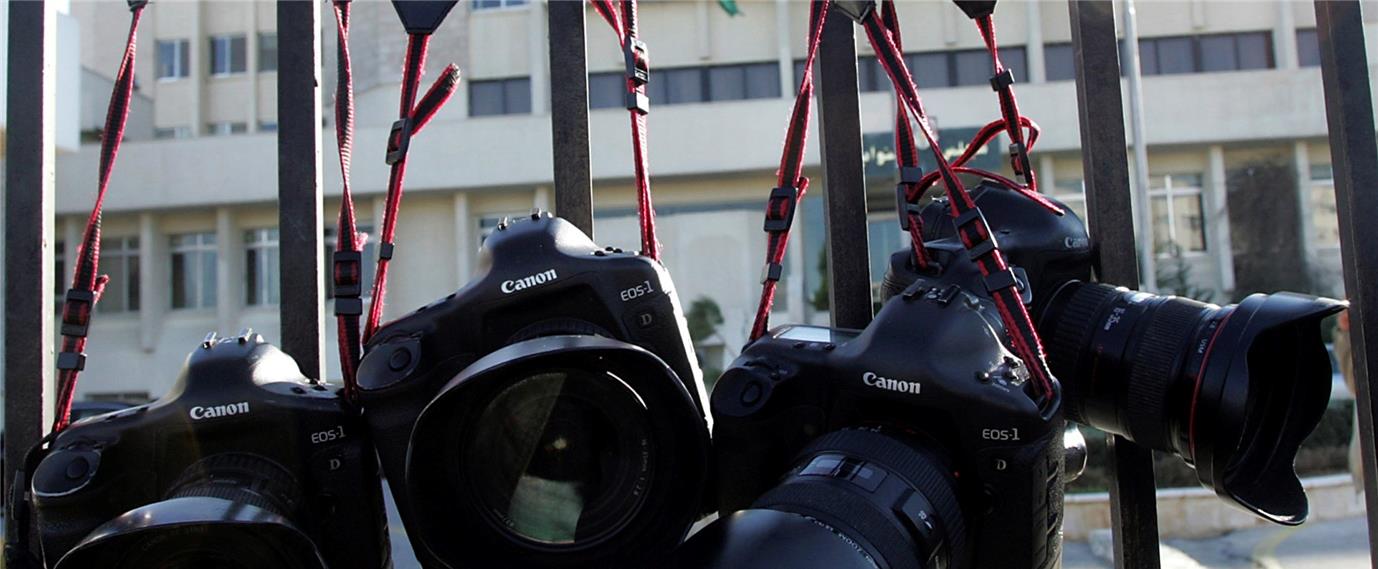قبل أيام، صدر قانون العفو العام في الأردن، الذي يقضي بالإفراج عن المسجونين على خلفية قضايا محددة. وما إن نُشر القانون في الجريدة الرسمية، حتى توافد أهالي السجناء الذين شملهم العفو العام إلى أبواب مراكز الإصلاح والتأهيل في المملكة لاستقبال أبناءهم. في الوقت ذاته تواجد الصحفيون بعدساتهم وبدؤوا بالتقاط الصور لتجمعات الأهالي. وما إن خرج السجناء المفرج عنهم، حتى حاصرتهم كاميرات المصورين دون أي استئذان منهم، وبدأت بالتقاط الصور وتسجيل مقاطع الفيديو لهم أثناء خروجهم من السجن، وهو ما يعد انتهاكا صارخا لخصوصيتهم وخصوصية أسرهم.
هذه الصور والمقابلات سرعان ما انتشرت على وسائل الإعلام ومنصات التواصل الاجتماعي، وهي تُظهر السجناء المُفرَج عنهم بشكل واضح يُمكِن لأي شخص التعرف عليهم من خلال تلك الصور والفيديوهات، وهو غالبا ما سيعود بالضرر عليهم ويضع عراقيل أمام انخراطهم في المجتمع من جديد.
الضرر الأكبر الذي تحدثه هذه الصور، أنه حتى لو تمكن المفرج عنهم مستقبلا من الحصول على ما يعرف في الأردن بـ"شهادة عدم المحكومية" التي تسمح للسجناء بالعودة لاستكمال حياتهم بعد الإفراج عنهم، سواء في الدراسة أو العمل، فإن هذه الصور ستبقى دليلا توثيقيا يلاحق الفرد بكونه "سجينا سابقا".
وغالبا ما سيلجأ بعض الصحفيين إلى تبرير نشرهم لتلك الصور؛ بأنهم أخذوا إذن الأشخاص قبل نشر صورهم، وهو تبرير يبدو أنه يزيل المسؤولية المهنية عن كاهل الصحفي، لكنه في الحقيقة يضعه أمام مسؤولية أخلاقية أكبر، إذ يجب على الصحفيين أن يُعلموا مصادرهم (الأهالي والمفرج عنهم في هذه الحالة) بكافة العواقب المحتملة جراء نشر صورهم بهذه الطريقة، ومن ثم أخذ موافقتهم من عدمها، وتوثيق تلك الموافقة. فلا ينبغي للصحفي الافتراض ضمنا أن كافة الأفراد على دراية كاملة بالتبعات الممكنة من نشر صورهم أو أسمائهم في المقابلات الصحفية التي تجرى معهم.
الصحفي محمد شما -ممثل منظمة "صحفيون لأجل حقوق الإنسان" في الأردن- يرى أن أخذ صور لأفراد في مكان عام دون موافقتهم، وتحديدا في ظرف مثل الخروج من السجن؛ سيعود بالضرر الكبير على المفرج عنهم وعلى أفراد أسرهم. ويقول "كما نعلم فإن السجناء يواجهون وصمة اجتماعية جراء سجنهم، ومثل هذه الصور التي التقطت لهم، ستتسبب بأذى مجتمعي كبير عليهم".
وأشار شما إلى أن قانون العفو العام أثار جدلا بين نشطاء التواصل الاجتماعي، بعدما اعتبره البعض قرارا غير صائب، نظرا لأنه أفرج عن "مجرمين مدانين" على حد اعتقادهم، وبالتالي فإن نشر الصور في هذه الحالة ستكون له تبعات سلبية على الأفراد، ويكرس صورة نمطية سيئة بحق كثيرين.
عدد من النشطاء انتقدوا قانون العفو العام، ورأوا أنه تحرك سيعيد مدانين إلى المجتمع قبل انتهاء فترة إعادة تأهيلهم داخل السجن، مما يعني أن هناك نسبة من المواطنين سينظرون إلى هؤلاء المفرج عنهم على أنهم "خطر يهدد المجتمع"، ونشر الصور في هذه الحالة سيزيد الأمور تعقيدا لحياة المفرج عنهم.
المحامية والناشطة الحقوقية هالة عاهد قالت لمجلة "الصحافة" إن نشر صور السجناء وأهاليهم ومقابلتهم صحفيا؛ فيه انتهاك لحقهم بالخصوصية وحرمة حياتهم الخاصة وكرامتهم، مضيفة أن موافقتهم في تلك اللحظة على إجراء المقابلة أو الظهور في الصور لا يمكن الاعتداد بها، لأن من واجب الصحفي الموازنة بين أهمية الخبر وقيمته للجمهور وبين مصلحة من قابلهم وتأثير هذه المقابلة عليهم.
وبينت هالة أن هؤلاء المفرج عنهم خرجوا بعفو عام أزال الصفة الجرمية عن أفعالهم، ولم يكن هناك أي قيمة خبرية تنطوي على مقابلتهم، بل على العكس، ساهمت تلك المقابلات الصحفية في ترسيخ فكرة أنهم "مجرمون" أمام الرأي العام، وجعلهم ضحايا بوصمة اجتماعية تطالهم وقد تنعكس آثارها سلباً على إعادة اندماجهم في المجتمع أو الحصول على فرص عمل.
من الناحية القانونية، أوضحت هالة أن نشر مثل هذه الصور والمقابلات يتعارض مع قانون المطبوعات والنشر، الذي نص على ضرورة التزام الصحفي باحترام الحريات العامة للآخرين وحفظ حقوقهم وعدم المس بحرمة حياتهم الخاصة. كما يتعارض مع ميثاق الشرف الصحفي الذي دعا إلى احترام حق الأفراد والعائلات في سرية شؤونهم وكرامتهم الإنسانية.
ميثاق الشرف الصحفي الصادر عن نقابة الصحفيين في الأردن يخصص في المادة (11) منه، الحالات التي يجب على الصحفيين احترام خصوصية الأفراد فيها. ويأتي في البند (ث) من المادة، تفصيل خاص متعلق باحترام حقوق المدانين وأسرهم. كما تؤكد المادتان (4 و7) من قانون المطبوعات والنشر الأردني على ضرورة التزام الصحفي بالمعايير المهنية والأخلاقية التي تحترم حق الخصوصية لدى الأفراد.

لم تكن هذه المرة الأولى التي ينتهك فيها مصورون صحفيون خصوصية الأفراد، فهناك حالات عديدة نشر فيها صحفيون صورا بشكل عشوائي دون أخذ إذن من ظهروا بها، وعادت بالضرر على هؤلاء الأشخاص.
قبل سنوات وأثناء استقبال قوات حرس الحدود الأردني عددا من اللاجئين الفارين من الحرب في سوريا، باغت مصورون هؤلاء اللاجئين بكاميراتهم والتقطوا لهم صورا وهم يترجلون من العربات التي كانت تقلهم، الأمر الذي دفع بعض النساء إلى تغطية وجوههن خوفا من الظهور في تلك الصور، لا سيما أن ظهور هوية بعض اللاجئين في هذه الصور سيعود بضرر كبير على أسرهم.
السؤال الذي يبقى واجبا على العامة توجيهه للصحفيين هنا: ما القيمة الخبرية التي تسعى وسائل الإعلام لتحقيقها بنشر مثل تلك الصور ومقاطع الفيديو؟ وإن كانت القيمة الخبرية تقوم على توثيق عملية تطبيق قانون العفو العام، فلماذا لم يتم إخفاء وجوه الأشخاص في الصور، أم أن "وهم السبق" والانتشار أصبح المعيار الذي يقوّم المبادئ المهنية الصحفية؟







































